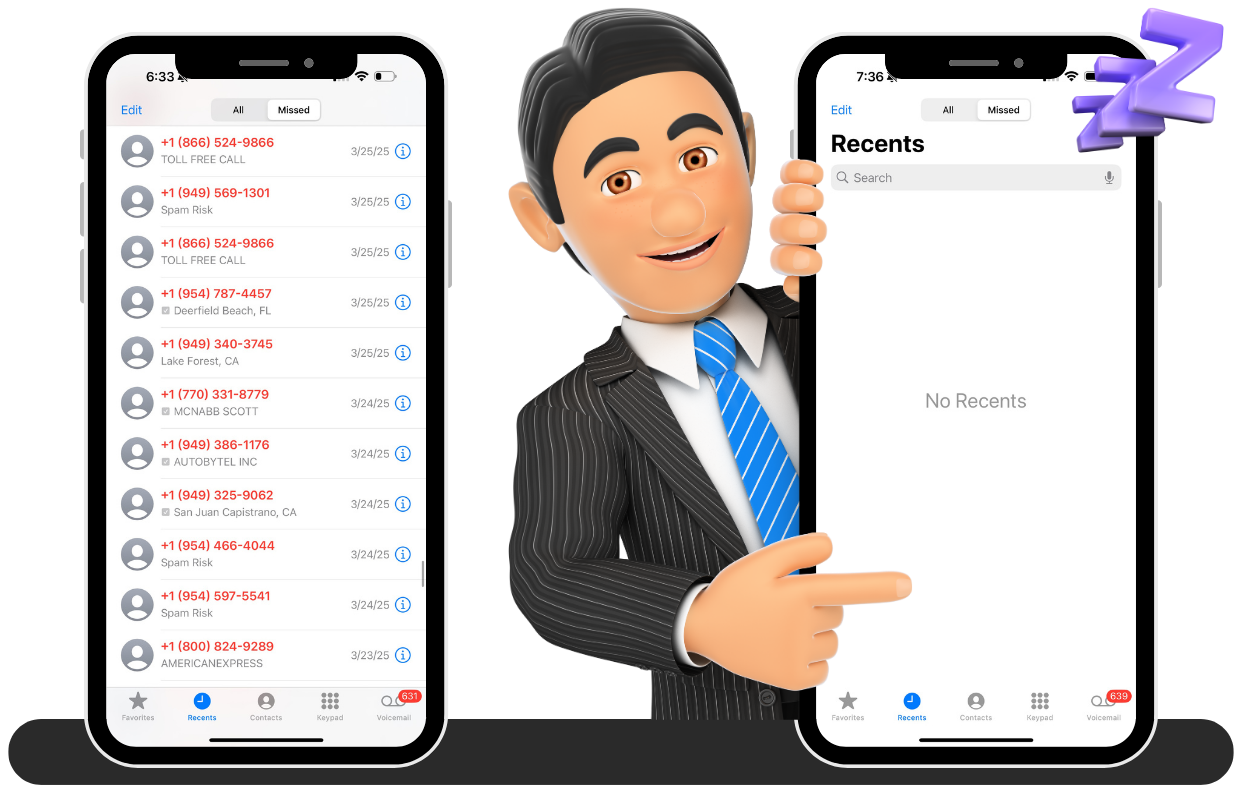"This is the IRS. You owe back taxes. Pay immediately or you'll be arrested."
Terrifying, right? That's the point. IRS scam robocalls are designed to scare you into panic-paying before you think clearly.
But here's the beautiful irony: Those threatening calls threatening YOU with legal action? They're giving YOU legal grounds to collect $1,500+ per call.
IRS impersonation robocalls are federal crimes. High fear = strong motivation to act. And when you fight back legally, settlements are HUGE.
Why IRS Scam Calls Are Particularly Valuable
Multiple Federal Violations:
- • TCPA violation ($500-$1,500)
- • Government impersonation (additional penalties)
- • Wire fraud (if they tried to get payment)
- • Threats (extortion implications)
Judges HATE These Scams
Courts see IRS scams as particularly egregious because they prey on people's legitimate fear of tax authorities.
Average Settlement: $41,000
IRS scam cases settle for MORE than average robocalls because companies want to avoid federal fraud charges.
How IRS Scam Robocalls Work
The Fear Hook:
"This is your final notice from the IRS. You have unpaid taxes. Failure to respond will result in arrest."
The Urgency:
"You must call back within 24 hours" / "Warrant has been issued" / "Police are on the way"
The Payment Demand:
They want gift cards, wire transfers, or cryptocurrency. Real IRS never asks for these.
The Threat:
Arrest, liens, passport revocation, deportation (for immigrants). All designed to terrify.
Real IRS Scam Lawsuit Wins
Case Study: The Senior Citizen Victory
Dorothy, 72, got 23 IRS scam calls in one month. Caller ID showed "IRS" or local numbers. She was terrified.
DNCme helped her document everything. We traced the calls to a network operating from India with U.S. payment processors.
Settlement from U.S. entities: $34,500
Plus: Dorothy's documentation helped FBI shut down the entire operation. She got a thank-you letter from federal investigators.
How to Identify IRS Scam Calls
Red Flag #1: Unsolicited Call
The IRS sends letters first. Always. They don't call out of the blue.
Red Flag #2: Immediate Payment Demand
Real IRS gives you time to respond and appeal. Scammers want money NOW.
Red Flag #3: Payment Method
Gift cards? Wire transfer? Cryptocurrency? SCAM. IRS accepts checks or online payment through official portals.
Red Flag #4: Threats of Arrest
IRS doesn't threaten arrest over the phone. Tax issues go through civil courts, not criminal.
Red Flag #5: Caller ID Shows "IRS"
Spoofed. Real IRS calls show as regular numbers, not "IRS" in your caller ID.
Turn IRS Scams Into Your Payday
Explain spoofing + how to report, then direct to DNCme claim form. Government impersonation = maximum settlements.
Stop Robocalls NowP.S. IRS phone scam report guide. The real IRS never calls to threaten arrest. If they did, make them pay YOU instead.

